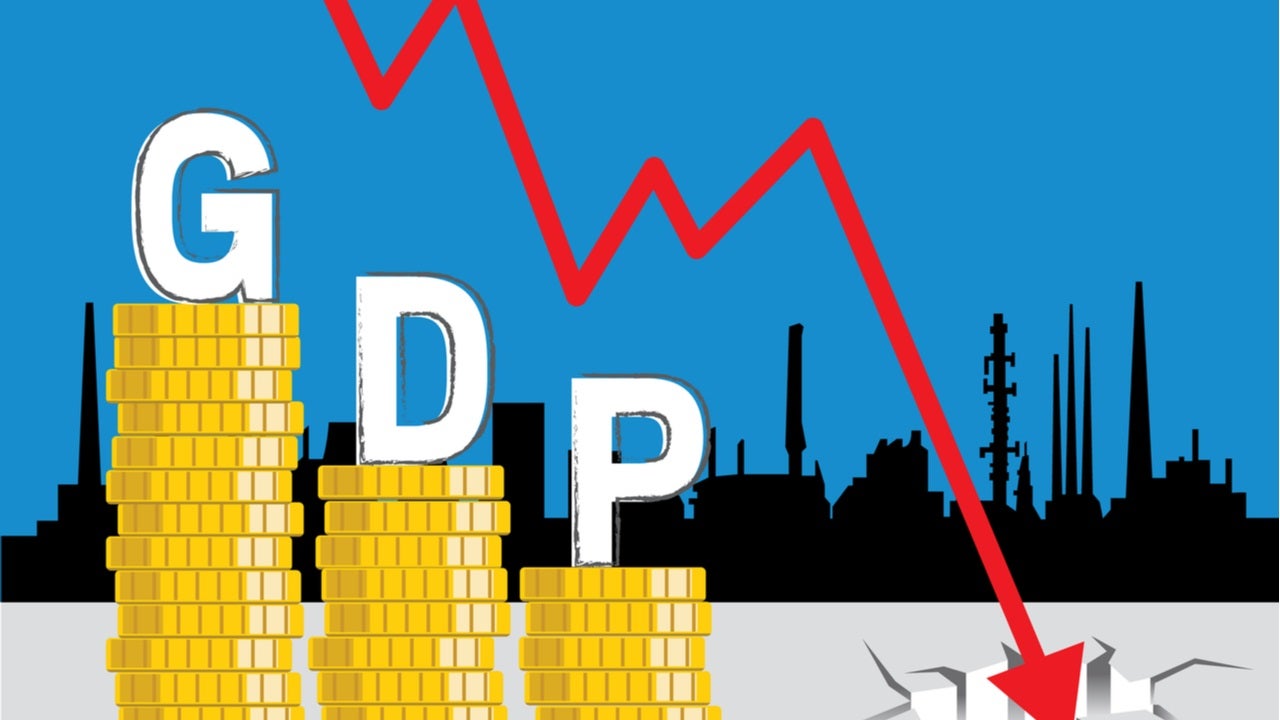Experts believe that investors need to adjust their expectations and seek assets that are both competitive and sustainable, while being aware of the risks related with higher-returning assets.
Shane Oliver
Shane Oliver, an economist, re-tweeted on what investors maybe expecting amid the global crash in economies caused by the pandemic. The article shared highlighted that despite one of the deepest crises since the Great Depression, stock markets showed resilience and investors were rewarded for their confidence.
Investors will be looking at adjusting their expectations for returns based on several factors in the context of stable but low yields. These factors will have to generate capital growth but are currently softening at the macroeconomic level. For instance, households are still reluctant to take debt, there is low growth of the labour force compounded by unemployment, and growth in political risks and geopolitical tensions.
While bonds are likely to remain low, infrastructure and commercial property are expected to do relatively well, with Asian and emerging markets showing greater growth potential, the article noted.
Our Chief Economist, @ShaneOliverAMP takes a look at what investors might expect as global #economies grapple with the deepest crisis since the Great Depression. #COVID19https://t.co/uyxP8N7lkt
— AMP Capital (@AMPCapital) November 1, 2020
 GlobalData Strategic Intelligence
GlobalData Strategic IntelligenceUS Tariffs are shifting - will you react or anticipate?
Don’t let policy changes catch you off guard. Stay proactive with real-time data and expert analysis.
By GlobalData
Andrew Sentence
Andrew Sentence, a business economist, shared a chart on how the second phase of lockdown in the UK will drive double-dip recession in the fourth quarter. Based on the results of the first lockdown phase that was imposed in April and May, it is expected that the country’s gross domestic product (GDP) will fall by approximately 8% in November.
However, the loss is approximately 17% of the GDP a year ago, he further added. This loss is the result of government policies, rather than the pandemic, Andrew tweeted. A peak in coronavirus cases in August and related deaths has alarmed policymakers and has led governments to force further restrictions in the winter across Europe.
Based on what happened in April/May in #Lockdown1, it looks like UK GDP will drop 8 percent or so in November as a result of #Lockdown2. However, this is a loss of around 17 percent of GDP on a year ago. All of this inflicted by government policy – not by the pandemic itself. pic.twitter.com/pLoiIPdb1K
— Andrew Sentance (@asentance) November 1, 2020
Nathan Nunn
Nathan Nunn, an economics professor, re-tweeted on a Stanford University study that stated that President Donald Trump’s campaigns held between June and September have led to a rise in about 30,000 new infections and more than 700 deaths.
Stanford authors examined the impact of the Trump rallies that took place between June 20 and September 30 and found that the communities where the rallies were held faced a spike in infections and mortalities compared to regions which did not host rallies. The study also revealed that public health warnings were not complied with, such as wearing masks and avoiding large gatherings to curb the spread of the Covid-19 disease.
The president has been continuously criticised for holding public rallies in states that are currently experiencing severe coronavirus outbreaks and not wearing a mask himself. Authors stated that the study was conducted to caution policymakers about the trade-offs related to holding large public events and rallies.
“The communities in which Trump rallies took place paid a high price in terms of disease and death,” Stanford University economists wrote in a new study https://t.co/za0VyVo4EU
— POLITICO (@politico) November 1, 2020
Luis Garicano
Luis Garicano, an economist and politician, re-tweeted about his interview with Jakob von Weizsäcker, chief economist of the German ministry of finance and ex-member of the European Parliament. Jakob talks about the recovery and transition of Germany in the eurozone crisis. He stated that Europe was facing a real macroeconomic problem, where some countries which had not been so hard-hit by the first wave of infections are now worse off and forced to adopt tougher restrictions and public health measures.
He also adds that in the last crisis, it was much easier for the monetary policy to lower interest rates, but today the interest rates are zero or even negative. Therefore, fiscal policy needs to play a more prominent role in lifting the economies.
About the idea that this could be a Hamiltonian moment for Europe, or the proper funding of the present debt, he stated that careful steps have to be taken as large sums of money is involved and that Europeans will have to see initiatives through such as the European unemployment reinsurance programme.
https://twitter.com/lugaricano/status/1322863456777871360




